Cryptocurrency nodes play a vital role in the functioning and security of blockchain networks. Running a crypto node allows individuals to participate in the decentralized network, validate transactions, and contribute to the network’s integrity. In this article, we will explore the best crypto nodes to run in 2024, considering factors such as reputation, coin collateral requirements, technical expertise, and profitability. The best crypto nodes to run in 2024 are those that have a strong reputation, require no collateral, and are easy to set up. The following nodes meet these criteria and will be profitable for the foreseeable future:
What are Crypto Nodes?
Crypto nodes are computers or servers that participate in a blockchain network by maintaining a copy of the blockchain’s data, validating transactions, and relaying information to other nodes. These nodes contribute to the decentralization, security, and consensus of the network. Different cryptocurrencies may have different types of nodes, each serving a specific function. For example, Bitcoin has full nodes that store the entire blockchain and validate transactions. These nodes are responsible for ensuring that all transactions are valid and that no double-spending occurs. They also relay information to other nodes on the network. In contrast, Ethereum has light nodes that only store a subset of the blockchain data and do not validate transactions.
Types of Crypto Nodes
There are two main types of crypto nodes: full nodes and master nodes. Full nodes are the most common type of crypto node. They store a complete copy of the blockchain and validate transactions. Full nodes are responsible for ensuring that all transactions are valid and that no double-spending occurs. They also relay information to other nodes on the network.
Full Nodes
Full nodes store and maintain a complete copy of the blockchain’s data. They validate and relay transactions, ensuring the network’s consensus rules are followed. Full nodes are crucial for the security and integrity of a blockchain network. Operating a full node allows users to have complete control over their transactions and avoid relying on third-party services.
Master Nodes
Master nodes are a type of incentivized node that requires a certain amount of cryptocurrency, known as collateral, to be locked up. In addition to the functions performed by full nodes, master nodes offer additional services to the network, such as instant transactions, privacy features, or decentralized governance. Running a master node often comes with a financial incentive in the form of rewards or a share of block rewards.
Factors to Consider When Choosing a Crypto Node
When selecting a crypto node to run, it is essential to consider the following factors:
Project Reputation and Use Case
Before running a crypto node, it is crucial to research the project’s reputation, as well as its use case and long-term viability. Choose projects with a solid track record, active development, and a clear value proposition.
Coin Collateral Requirements
For master nodes, each project has its own coin collateral requirements, which determine the amount of cryptocurrency that needs to be locked up to run a node. Consider the cost and availability of the required collateral before deciding on a node.
Technical Expertise Required
Running a crypto node often requires some technical expertise. Consider the setup and maintenance requirements, including the level of technical knowledge needed to run the node effectively. Some projects offer user-friendly tools, while others require more advanced skills.
Profitability
For master nodes, profitability is an important aspect to consider. Research the rewards and returns offered by different projects and weigh them against the initial investment and operating costs. It is important to note that profitability can be influenced by factors such as market conditions and competition.
Top Contenders for Best Crypto Nodes in 2024
Full Nodes
When it comes to full nodes, here are three top contenders for 2024:
Option 1: Bitcoin (BTC)
Bitcoin, the largest and most well-known cryptocurrency, has a robust network of full nodes. Running a Bitcoin full node allows users to participate in the network’s consensus and directly validate their own transactions. Bitcoin’s long-established reputation and wide adoption make it a solid choice for running a full node.
Option 2: Ethereum (ETH)
Ethereum, the leading smart contract platform, also offers the opportunity to run a full node. With its upcoming Ethereum 2.0 upgrade, full nodes will play a crucial role in securing the network and participating in the proof-of-stake consensus mechanism. Running an Ethereum full node allows users to contribute to the ecosystem and participate in decentralized applications.
Option 3: Cardano (ADA)
Cardano is a blockchain platform known for its scientific approach and commitment to peer-reviewed research. Running a Cardano full node allows users to participate in the network’s consensus and contribute to the development of decentralized applications. Cardano’s focus on scalability and sustainability makes it an attractive option for running a full node in 2024.
Option 4: Polkadot (DOT)
Polkadot is a blockchain platform that allows different blockchains to interoperate with each other. Running a Polkadot full node allows users to participate in the network’s consensus and contribute to the development of decentralized applications. Polkadot’s focus on interoperability makes it an attractive option for running a full node in 2024.
Option 5: Cosmos (ATOM)
Cosmos is a blockchain platform that allows different blockchains to interoperate with each other. Running a Cosmos full node allows users to participate in the network’s consensus and contribute to the development of decentralized applications. Cosmos’ focus on interoperability makes it an attractive option for running a full node in 2024.
Master Nodes
For those interested in running master nodes, consider the following options in 2024:
Option 1: Dash (DASH)
Dash is a privacy-focused cryptocurrency that pioneered the concept of master nodes. Running a Dash master node requires a certain amount of Dash coins as collateral. In return, master node operators receive a share of the block rewards and participate in the governance of the network. Dash’s solid track record and active community make it a popular choice for running a master node.
Option 2: Zcoin (XZC)
Zcoin is a privacy-focused cryptocurrency that utilizes the Zerocoin protocol for anonymous transactions. Running a Zcoin master node requires a specific amount of XZC coins as collateral. Master node operators receive a share of the block rewards and play a role in the decentralized governance of the network. Zcoin’s strong focus on privacy and its active development community make it an interesting option for running a master node.
Option 3: PIVX (PIVX)
PIVX is a privacy-focused cryptocurrency that aims to provide secure and private transactions. Running a PIVX masternode requires a specific amount of PIVX coins as collateral. Masternode operators receive rewards and participate in network governance and decision-making. PIVX’s focus on privacy features, community engagement, and regular protocol updates make it a potential choice for running a masternode.
Risks and Considerations Before Running a Crypto Node
Before running a crypto node, it is important to consider the following risks and challenges:
Hardware Requirements
Running a crypto node typically requires a dedicated computer or server with specific hardware specifications. Ensure that you have the necessary hardware and take into account the associated costs.
Uptime Commitment
Running a node requires a high level of uptime to ensure the node is always available and contributing to the network. Consider the time and effort needed to maintain the node’s uptime, including power supply, internet connectivity, and potential maintenance tasks.
Market Volatility
Cryptocurrency markets can be highly volatile, and the value of the collateral or rewards earned by running a node may fluctuate. Be prepared for market uncertainties and consider the long-term potential of the project beyond short-term price fluctuations.
Conclusion
Running a crypto node in 2024 requires careful consideration of factors such as reputation, coin collateral requirements, technical expertise, and profitability. Full nodes and master nodes offer different opportunities for participation in blockchain networks. By understanding the risks, considerations, and available options, individuals can make informed decisions about running crypto nodes and actively contribute to the decentralized ecosystem.
FAQ
1. Is running a crypto node a guaranteed way to make money?
Running a crypto node does not guarantee profits. While some master nodes offer financial rewards, profitability depends on various factors, including market conditions, competition, and the particular project’s reward structure. Running a node should be seen as a way to actively participate in a network and support its decentralized operations, rather than solely as an investment for financial gain.
2. What are the legal considerations for running a crypto node in my region?
Legal considerations for running a crypto node vary by jurisdiction. It is important to understand the local regulations regarding cryptocurrencies, nodes, and related activities. Consult legal professionals or local authorities to ensure compliance with applicable laws and regulations.
3. How can I secure my crypto node against hacking attempts?
Securing a crypto node involves implementing best practices such as using strong passwords, regularly updating software, enabling firewall protection, and using encrypted connections. It is also essential to stay informed about potential security vulnerabilities and apply patches or updates promptly. Consider consulting cybersecurity experts for guidance on securing your crypto node effectively.
4. Where can I find reliable information and resources to get started with running a crypto node?
To get started with running a crypto node, seek information from official project documentation, community forums, and reputable cryptocurrency websites. These sources provide guides, tutorials, and resources specific to each cryptocurrency and type of node. Engaging with the project’s community can also provide valuable insights and support for node operators.



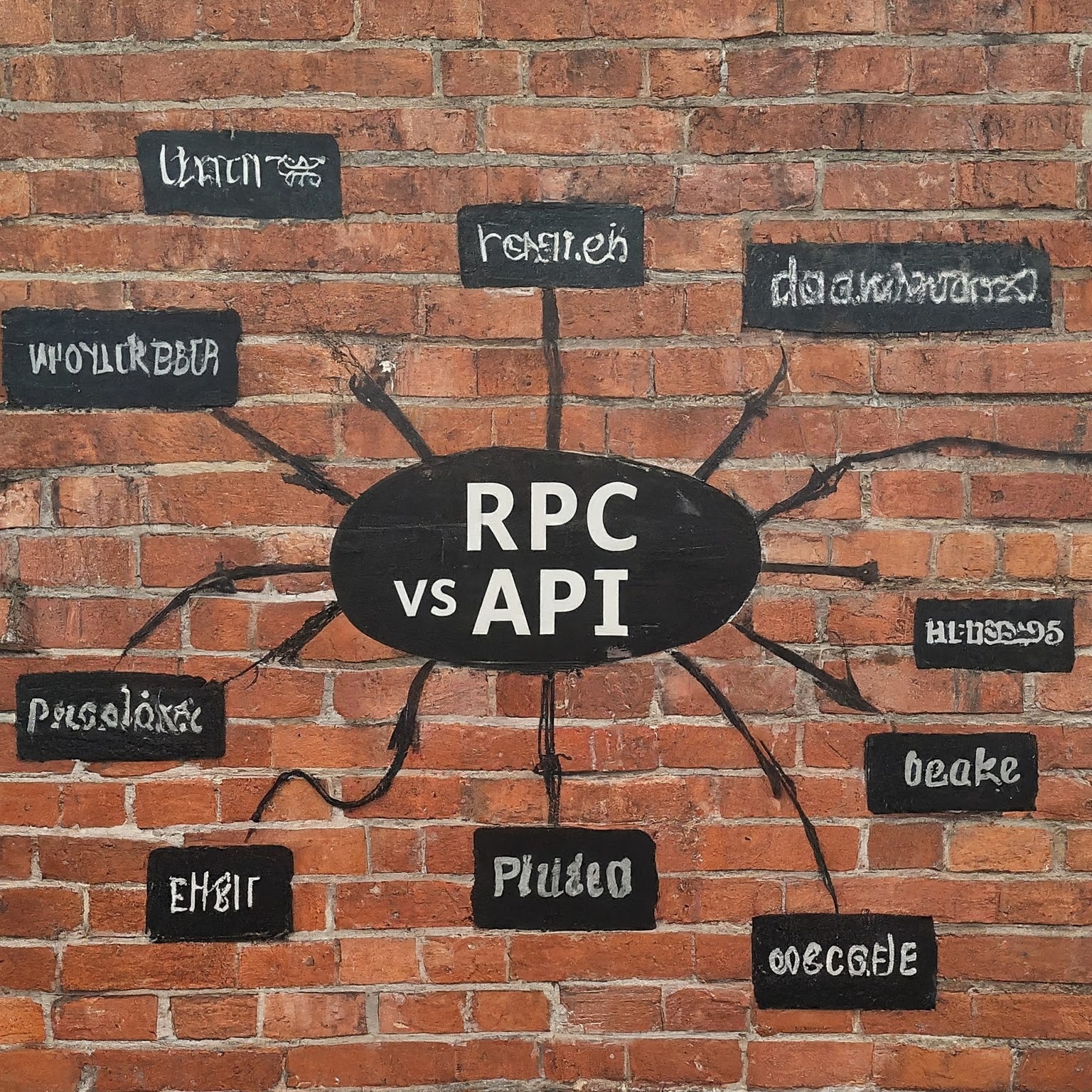
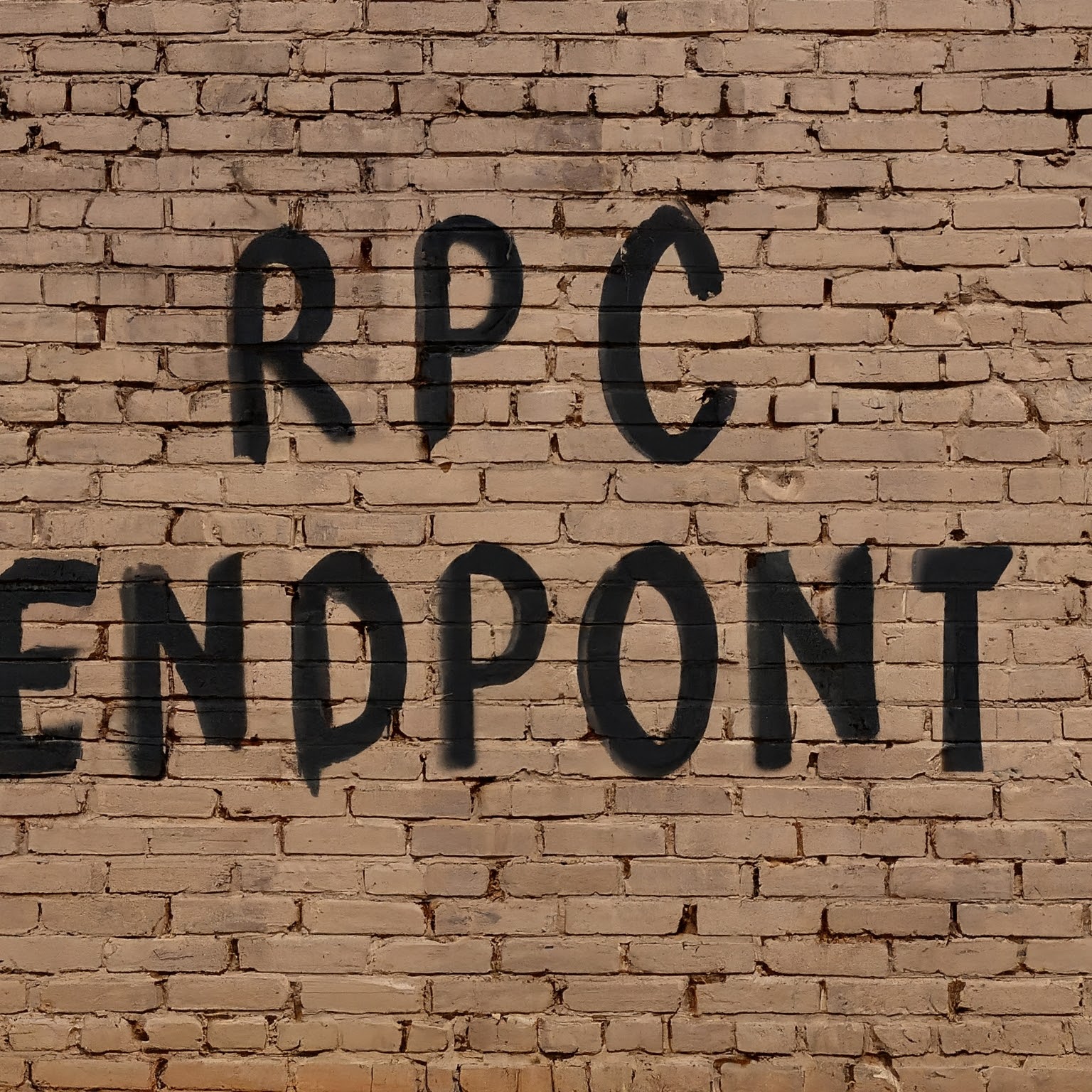



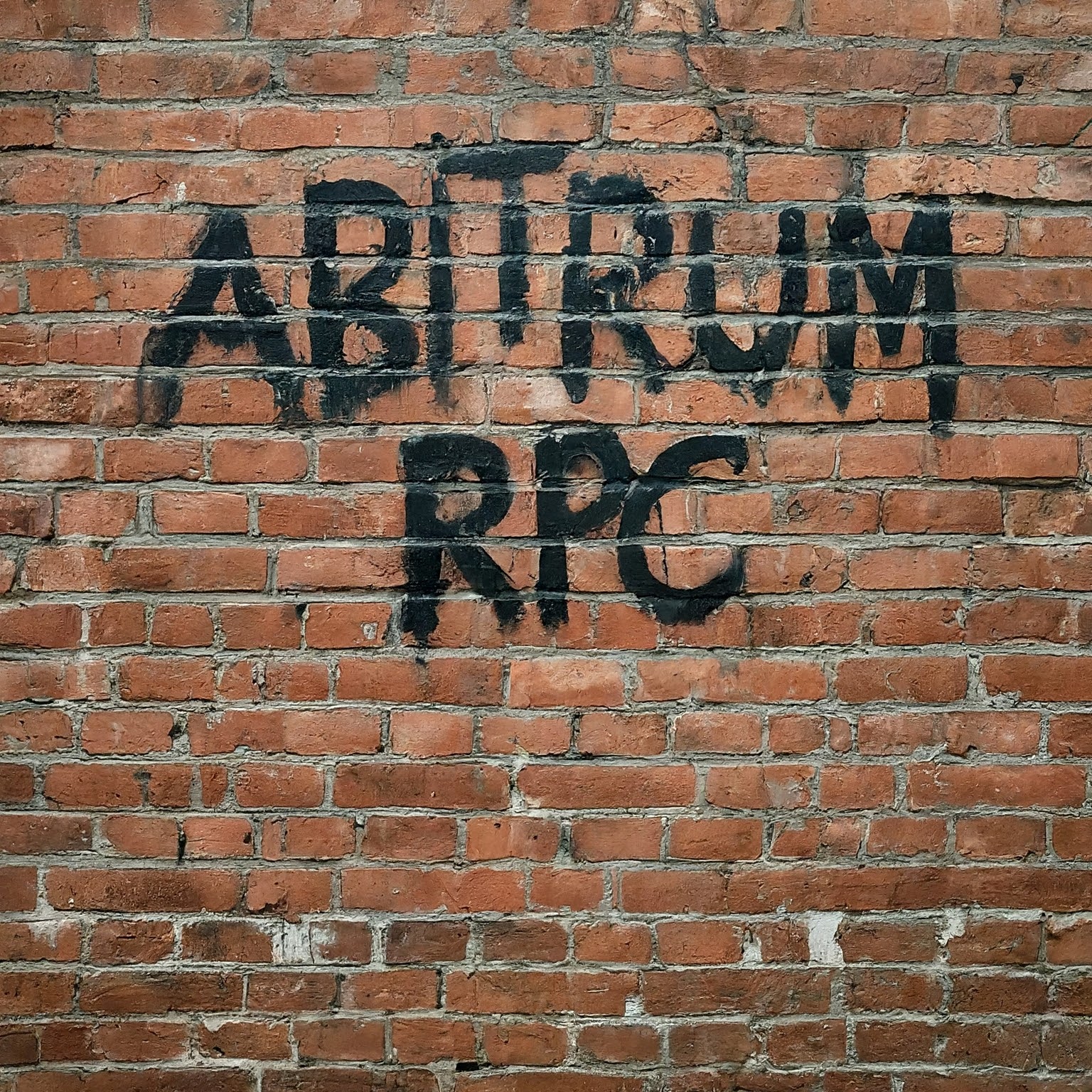

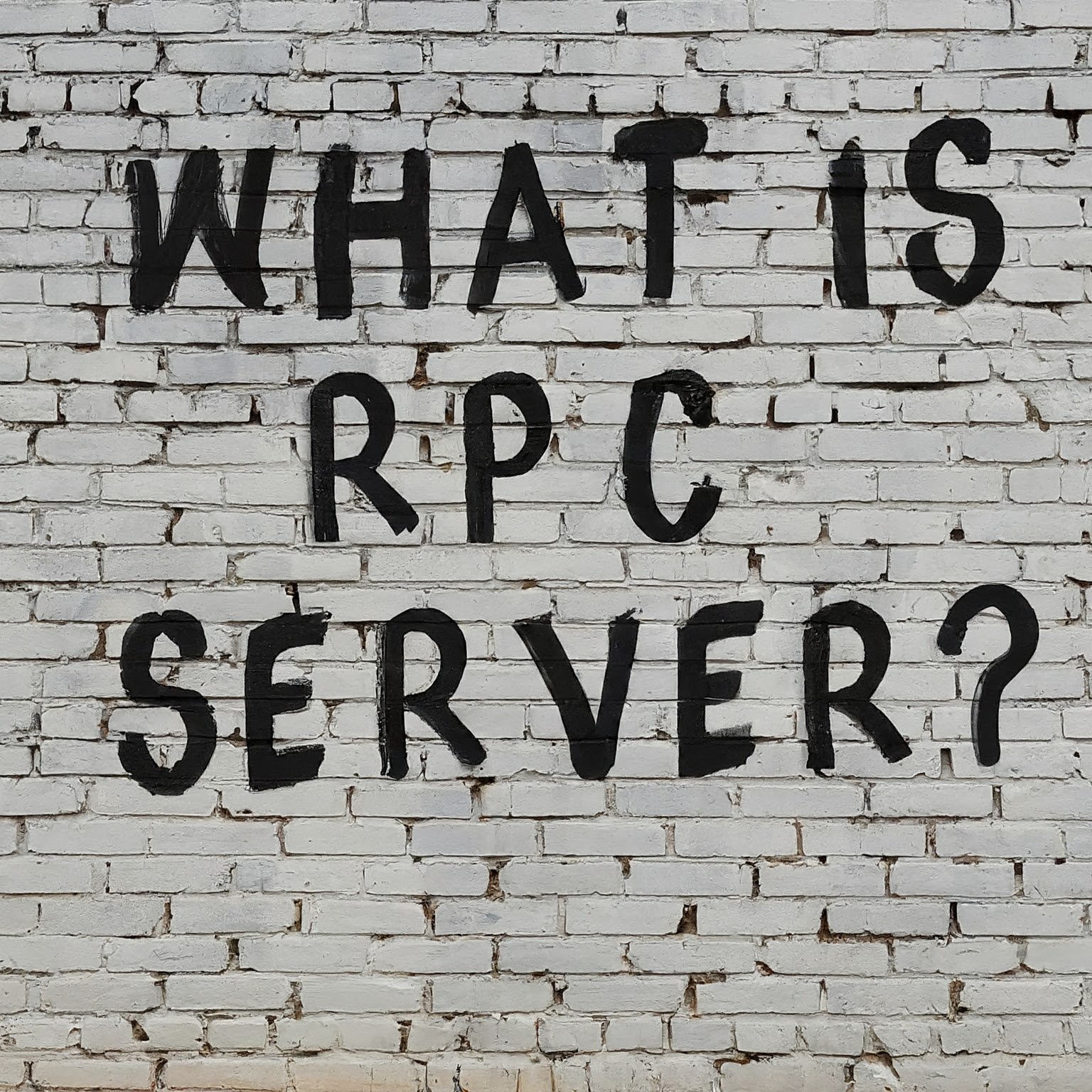
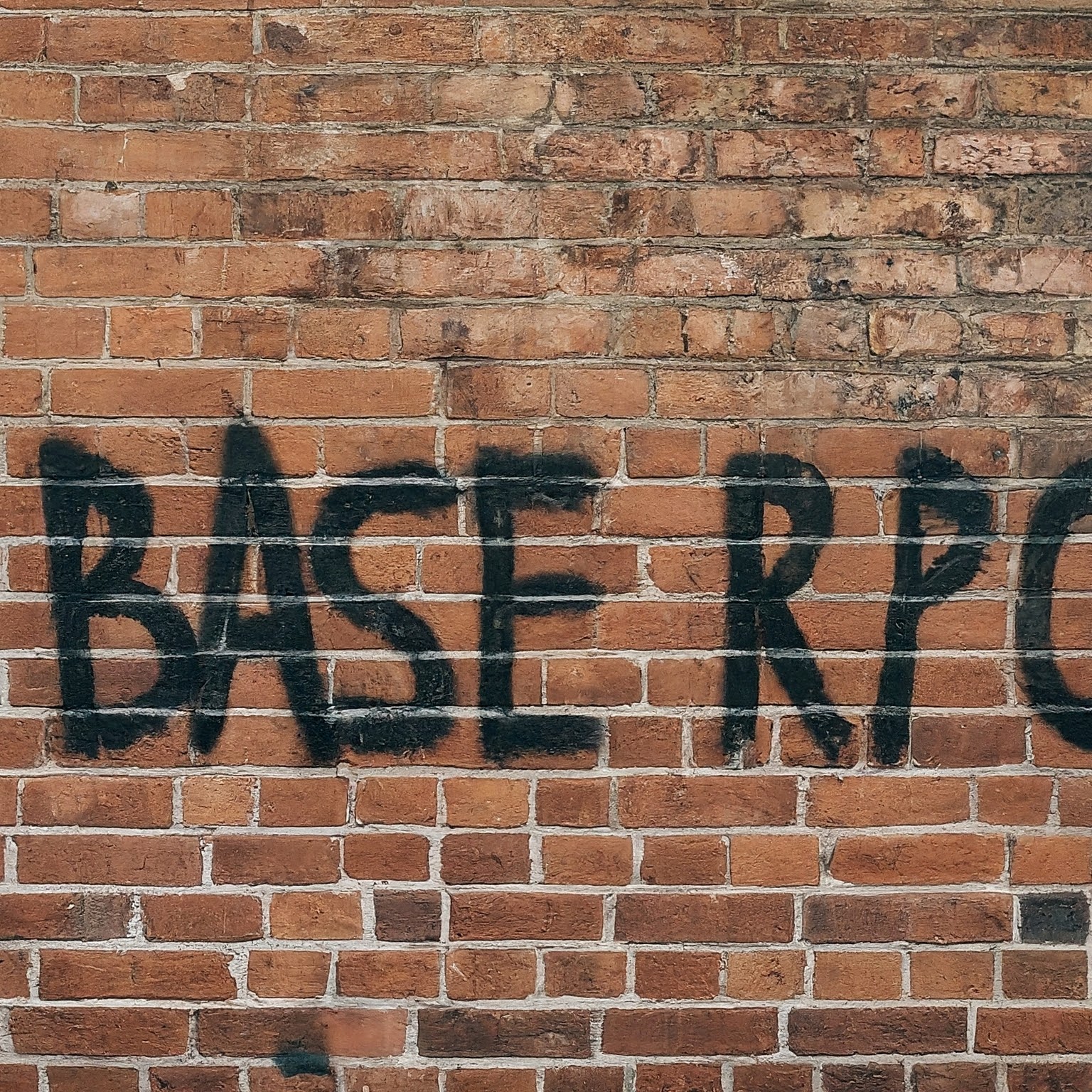
Leave a Reply
You must be logged in to post a comment.